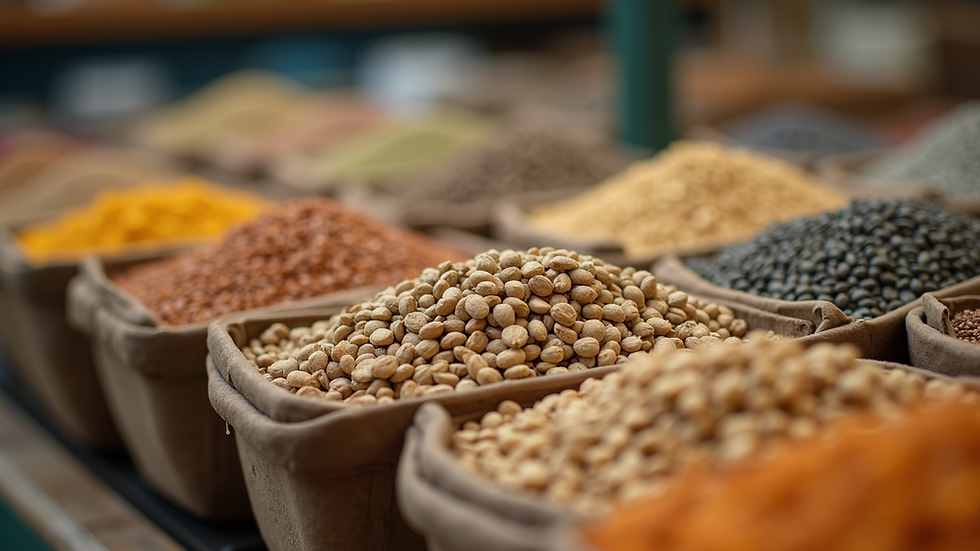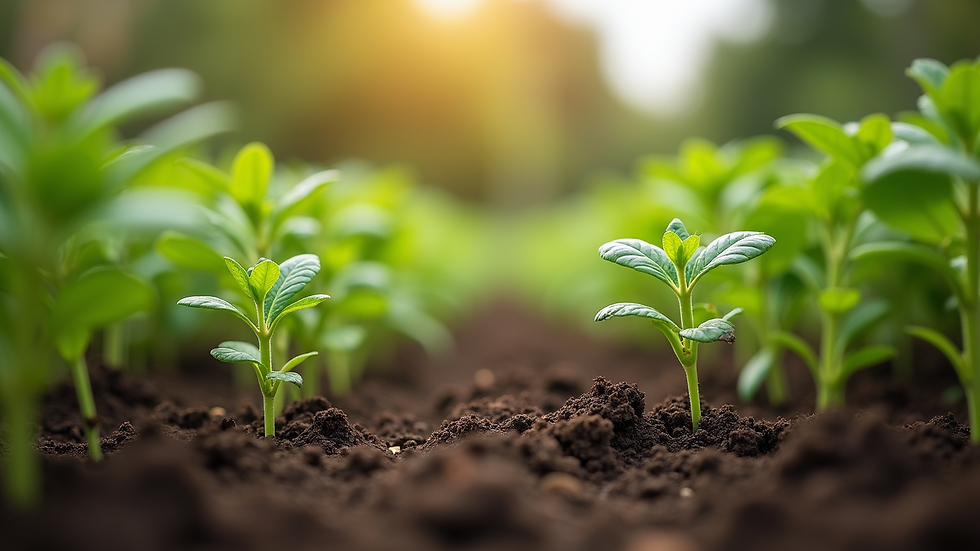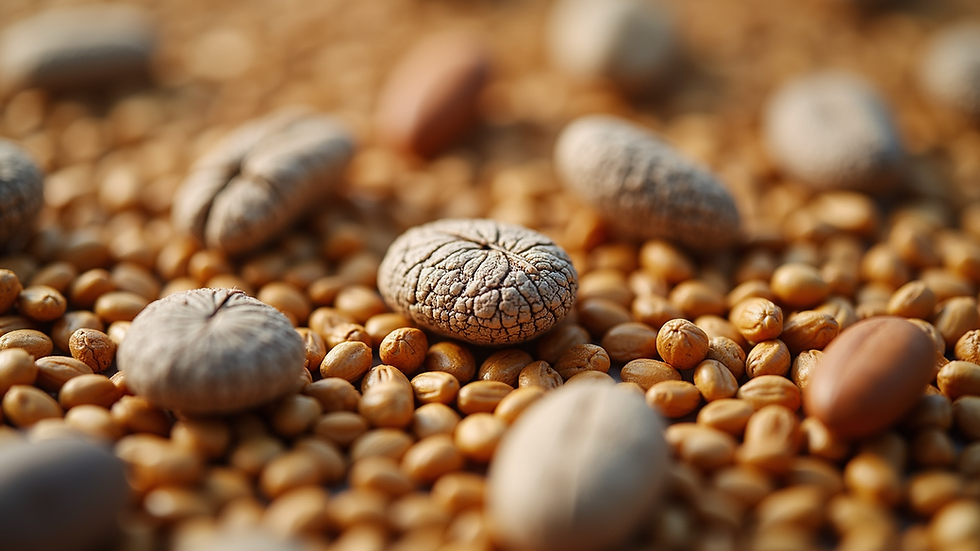How to Choose the Right Seed Bank for Your Needs
- Customer Service
- May 28, 2025
- 3 min read
Choosing the right seed bank is essential for both novice and seasoned growers. With countless options available, understanding what factors to consider can make a significant difference in your gardening experience. This guide will walk you through the steps to select the best seed bank to suit your needs.
Understanding Your Seed Bank Options
When exploring seed banks, it's important to understand the variety of options available. Seed banks can differ in their focus, whether it’s on heirloom varieties, hybrid seeds, or autoflowering strains. Some banks specialize in specific types of plants—like vegetables, herbs, or flowers—while others may offer a wide array. Here's a breakdown of various seed bank types:
Heirloom Seed Banks: Focus on preserving traditional seeds that have been passed down through generations.
Hybrid Seed Banks: Offer genetically engineered seeds for specific traits such as disease resistance or higher yield.
Autoflowering Seed Banks: Provide seeds that automatically flower after a certain period, which can be convenient for beginners.
Consider what type of plants you wish to grow and seek a seed bank that specializes in those types.

Reliability and Reputation of the Seed Bank
Choosing a reliable seed bank requires research into its reputation. Look for banks that have positive reviews from customers. You can check online forums, social media, and gardening blogs to gain insights into others' experiences. Some things to consider include:
Customer Feedback: Look for testimonials and reviews to gauge satisfaction levels.
Industry Recognition: Trusted seed banks often receive nominations and awards within the gardening community.
Return and Refund Policies: A good seed bank will have a clear policy on returns, ensuring you can feel confident in your purchase.
Seed banks with a long-standing reputation tend to be more trustworthy. The more positive feedback you can find, the better!

Seed Quality and Genetics
Quality is paramount when selecting seeds. The genetic integrity of the seeds you purchase affects your plants' growth and yield. Here's what to look for:
Germination Rates: High-quality seed banks often provide information on germination rates, which indicate how many seeds will sprout.
Seed Sourcing: Look for seed banks that produce their seeds or have reliable sources. Seeds sourced from reputable nurseries generally ensure better quality.
Lab Testing: Some banks will have their seeds tested for diseases and contaminants, providing an added layer of assurance.
It's advisable to select a bank that emphasizes quality control in their seed production process. Having access to high-quality seeds will lead to a more successful harvest.
Selection Variety of the Seed Bank
Another crucial factor is the variety of seeds offered by the seed bank. A wider selection can provide more options for experimentation and finding what works best for your growing conditions. Here’s what to consider:
Unique Varieties: Look for seed banks that offer rare or unique strains. This diversity helps in cross-pollination and can lead to discovering excellent new flavors or characteristics.
Localization: Many growers prefer to choose varieties suited for their local climate. Seed banks that cater to certain regions may provide better choices for your environmental conditions.
For example, a seed bank like loud house seed bank might offer region-specific seeds that thrive in particular climates, enhancing your gardening success.

Customer Support and Resources
Finally, consider the level of customer support and educational resources available from the seed bank. A bank that provides ample support can enhance your overall growing experience. Here’s what you may want to assess:
Customer Service: Navigate through customer inquiries quickly and effectively. Trial runs by contacting their support team can help gauge their efficiency.
Growing Guides: Look for seed banks that offer growing tips, FAQs, or a blog with articles on cultivation methods, pest control, and organic practices.
Community Engagement: Some seed banks facilitate community forums where experienced growers share tips and resources. This kind of support can be incredibly beneficial for beginners.
Building a rapport with the seed bank can enrich your learning and growing experience.
Final Thoughts on Choosing Your Seed Bank
Choosing the right seed bank is a critical part of ensuring a successful gardening journey. Consider your gardening goals, the types of plants you wish to grow, and the various quality factors listed above. With careful consideration and research, you can find a seed bank that best caters to your unique needs.
Don't hesitate to refer back to this guide during your search, and remember that growing plants should be an enjoyable and fulfilling experience. Your choice of seed bank can set the stage for that success, ensuring you cultivate not just plants, but perhaps a lifelong hobby. Happy gardening!






Comments